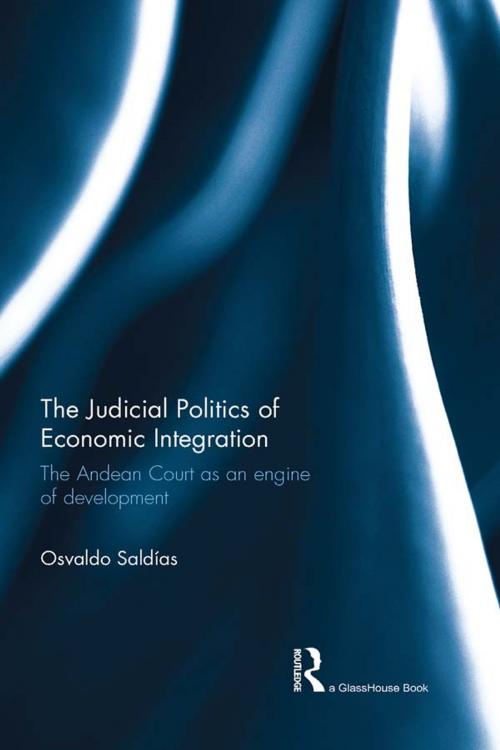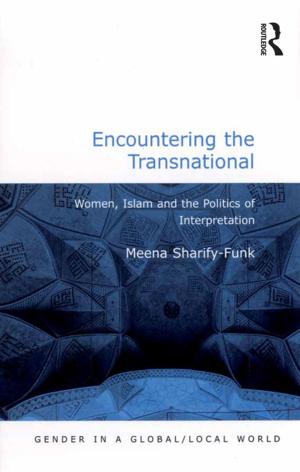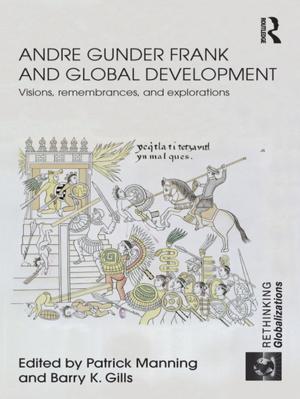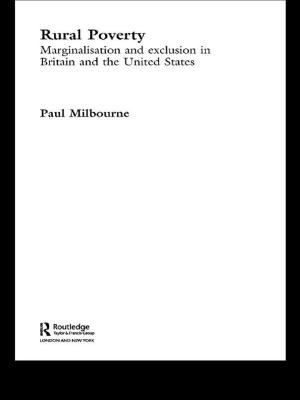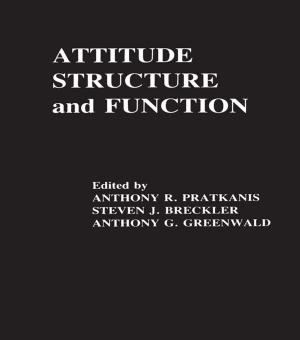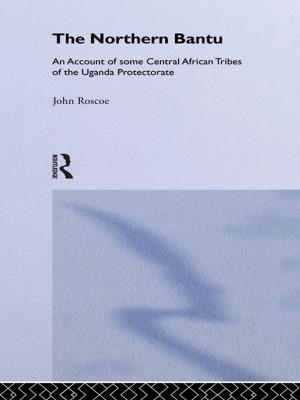The Judicial Politics of Economic Integration
The Andean Court as an Engine of Development
Nonfiction, Reference & Language, Law, International, Social & Cultural Studies, Social Science| Author: | Osvaldo Saldias | ISBN: | 9781134114733 |
| Publisher: | Taylor and Francis | Publication: | August 22, 2013 |
| Imprint: | Routledge | Language: | English |
| Author: | Osvaldo Saldias |
| ISBN: | 9781134114733 |
| Publisher: | Taylor and Francis |
| Publication: | August 22, 2013 |
| Imprint: | Routledge |
| Language: | English |
The Judicial Politics of Economic Integration analyses development strategies and regional integration in the Andean Community (the former Andean Pact), focusing on the establishment of the Andean Court of Justice and its case law, as well as the intellectual underpinnings that made such an impressive reform possible. The court is a transplant taken from the European integration process, and it materializes the visions, expectations, and dreams of the transnational development movement of "integration through law". The book discusses the outcomes of the Court in light of the debates about judicial reform in the process of development and regional integration. Although clearly confirming several earlier claims that "one size does not fit all", Osvaldo Saldias provides new insights into how legal transplants adapt and evolve, and how we can learn much more about legal reform from a project that presumably failed than from successful copies. The Andean Court of Justice is a remarkable example of an institution capable of adapting to political and economic challenges; therefore, in times of a severe European economic crisis we should not forget that we might improve our understanding of European integration by looking at developments in other regions.
An interesting new study with an international focus, this book will be a fascinating read for students and scholars of Law and Latin American Studies.
The Judicial Politics of Economic Integration analyses development strategies and regional integration in the Andean Community (the former Andean Pact), focusing on the establishment of the Andean Court of Justice and its case law, as well as the intellectual underpinnings that made such an impressive reform possible. The court is a transplant taken from the European integration process, and it materializes the visions, expectations, and dreams of the transnational development movement of "integration through law". The book discusses the outcomes of the Court in light of the debates about judicial reform in the process of development and regional integration. Although clearly confirming several earlier claims that "one size does not fit all", Osvaldo Saldias provides new insights into how legal transplants adapt and evolve, and how we can learn much more about legal reform from a project that presumably failed than from successful copies. The Andean Court of Justice is a remarkable example of an institution capable of adapting to political and economic challenges; therefore, in times of a severe European economic crisis we should not forget that we might improve our understanding of European integration by looking at developments in other regions.
An interesting new study with an international focus, this book will be a fascinating read for students and scholars of Law and Latin American Studies.
